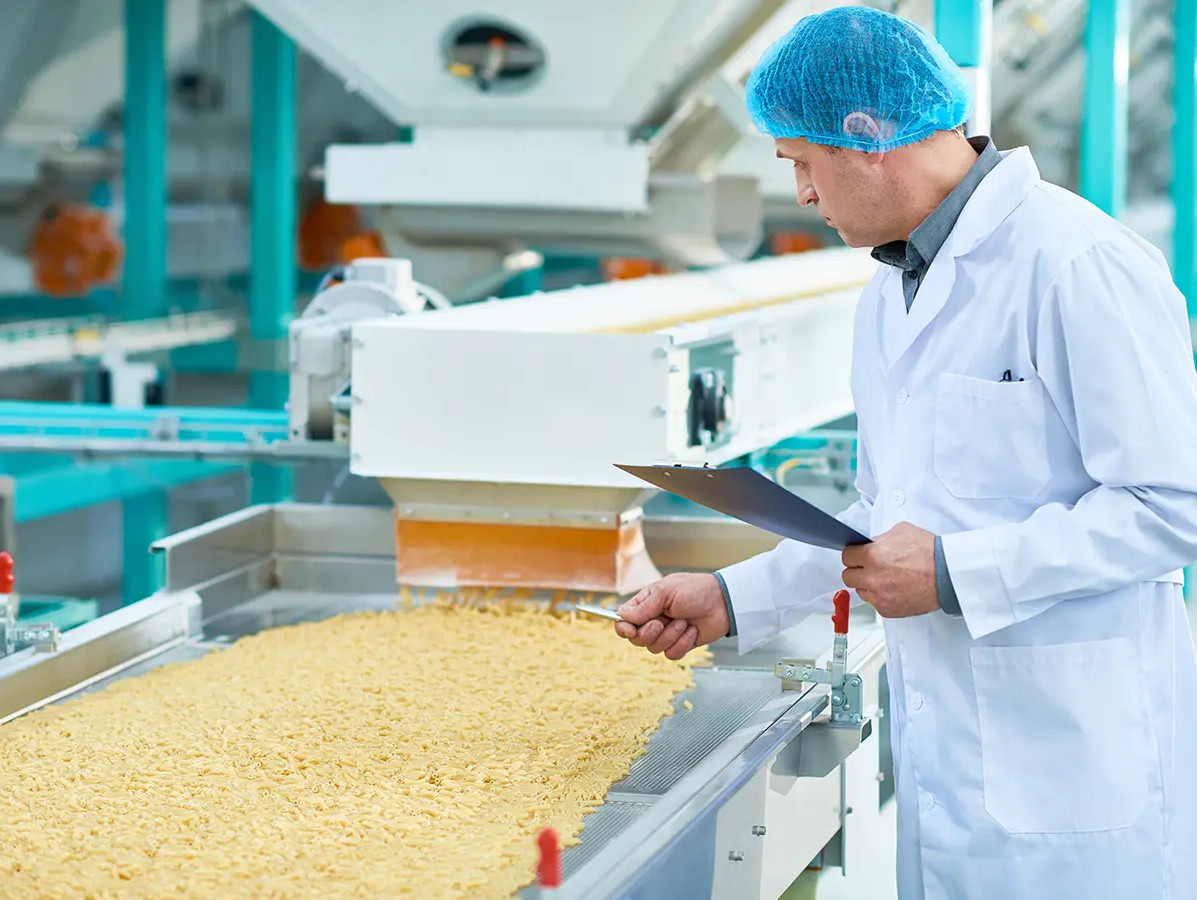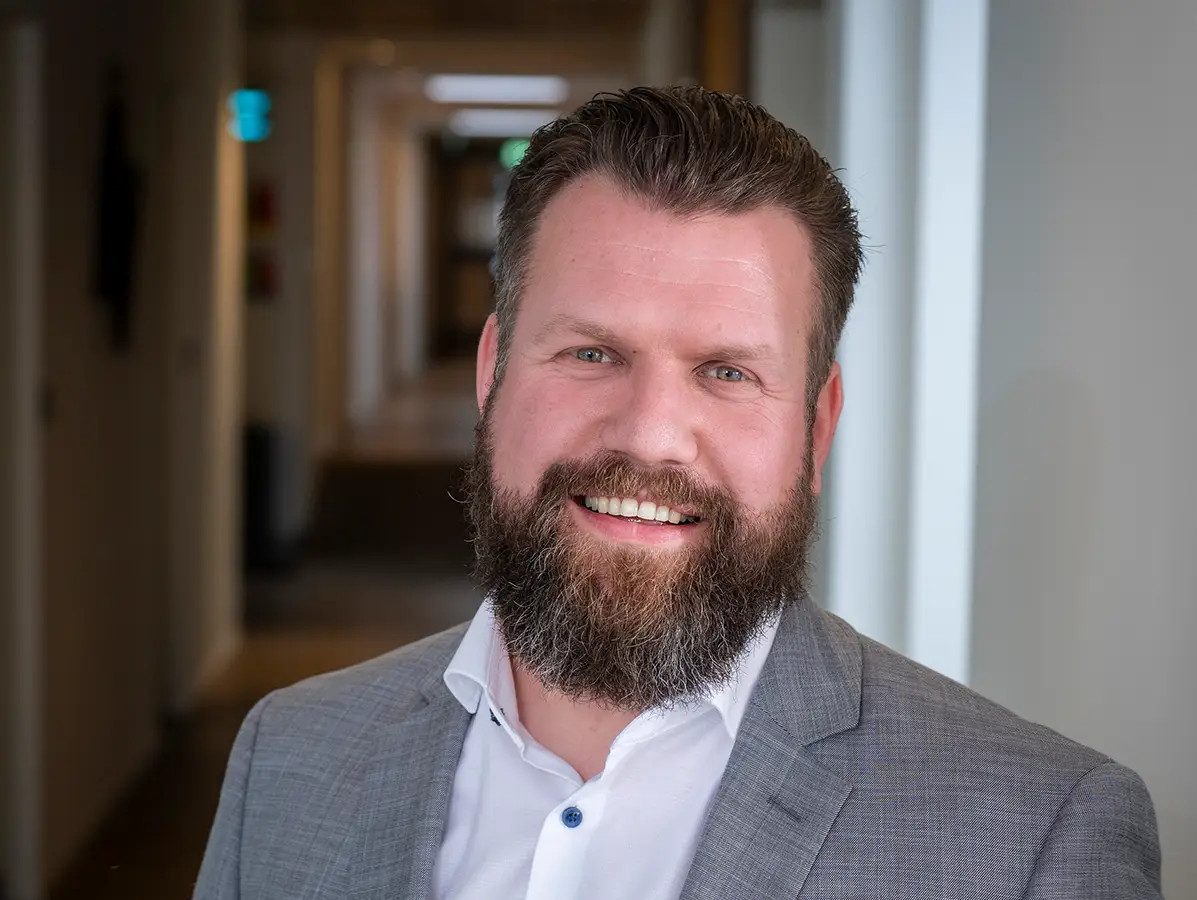
Prevention is better than cure. An open door? Not when it comes to food safety. “Having everything in order ahead of time is truly easier than managing a product recall,” says Reinier Schouten of Schouten Advies. “The impact of a recall goes far beyond direct costs and reputational damage. Unfortunately, that is still too often underestimated.”
“Prevention often feels like the harder option for companies. But in practice, executing a recall is always more costly than preventing one.” Reinier Schouten, owner of Schouten Advies and fifth-generation at the helm of this consultancy specialising in Quality, Health, Safety and Environment (QHSE) in the agri-food sector, has seen plenty of cases to speak from experience. “People often overlook the impact on staff: employees get overwhelmed, processes break down. The consequences go far beyond costs and reputational harm.”
“Safety – both workplace and food safety – starts with leadership,” Reinier states. “Managers must lead by example and create the right conditions for a safe working environment. That’s the foundation of quality. The same applies to our own team. Everyone here has ‘stop-work authority’: if you can’t carry out your job safely, you are allowed – even required – to stop and first resolve the unsafe situation. Our team leaders are always available to support such decisions.”
Given the constant evolution in the industry, staying up to date is essential. “That’s why we participate in technical committees at sector and scheme organisations, and our consultants regularly follow external training, such as becoming lead auditors. We only send them into the field once they fully master the subject matter and can deliver the quality we stand for.”
Recruitment is a key part of that. “We work with agencies like DUPP, a valued partner. Consultants are a unique breed – they combine technical and content expertise with strong communication skills. DUPP knows how to find those people for us.”

Schouten Advies supports businesses in designing, implementing, developing and maintaining management systems – not only through consultancy but also via training and secondment. A major part of their work involves conducting internal audits.
“You can conduct an internal audit yourself or outsource it – we’re the external option,” Reinier explains. “The key difference with a certification audit is that we’re there for the company. We assess and advise on how best to reach the desired level. The value of a third-party audit lies in revealing blind spots. That’s a major learning opportunity.”
“What we try to avoid,” Reinier continues, “is simply working through a checklist during audits. An auditor must understand what’s really happening in the company – and where the risks lie. Is everyone using the hygiene station? Are hands truly being washed? Is that leaking conveyor belt being addressed? Is pest control under control? Have you run a recall simulation? Because our consultants see many different businesses, they can offer practical solutions to these challenges.”
One of the current challenges in the food sector is the upcoming allergen labelling regulation, which will be enforced starting 1 January 2026. Reinier explains: “Producers must assess their products more thoroughly. On top of that, new threshold values have been introduced. These thresholds aren’t harmonised across all EU countries, which complicates matters for exporters. In cooperation with our sister company Nutrilab, we help businesses get their labelling in order.”
There are other key developments as well. “We now have access to more data than ever – including through ERP systems. But the question remains: what do you do with it? Gaining insight and integrating data remains a challenge, even with AI tools.
We also see companies launching new activities underestimating how much time and effort it takes to become compliant and adapt internal processes. This applies to start-ups too. The business case is ready, customers are waiting – but the QA setup hasn’t even begun. Our advice: involve QA as early as possible in the planning or construction phase to ensure core food safety requirements are covered. That will prevent many issues down the line.”
Portrait photo: ©Arna Schoemans
Source: Vakblad Voedingsindustrie 2025